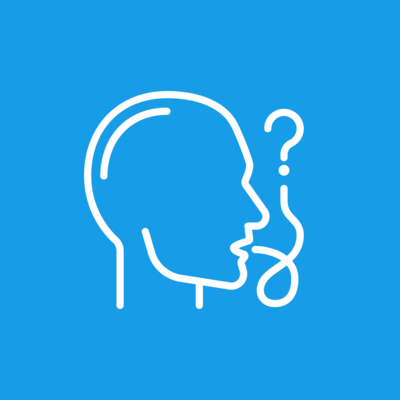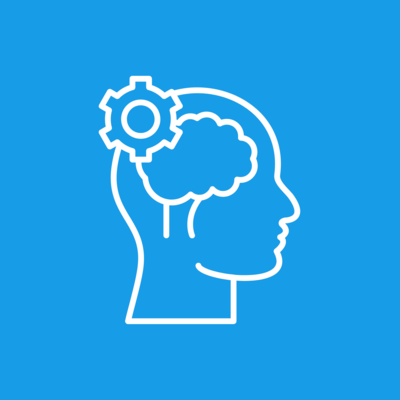Supporting you on your communication recovery.
Our highly skilled speech-language pathologists (SLPs) provide personalized speech and language services in our clinic, online or at-home. Our mission is to empower our clients with the communication skills and confidence they need to navigate their daily lives. We provide compassionate and evidence-based care, utilizing our expertise to develop individualized treatment plans that promote optimal communication function and enhance overall quality of life.

Aphasia Treatment

Speech and Voice Treatment

Cognitive-Communication Treatment
What is Speech Language Pathology?
Our speech-language pathologists (SLPs) are experts in the evaluation, diagnosis, and treatment of communication and swallowing disorders of individuals with neurological conditions. Our SLPs play a crucial role supporting individuals improve their communication and swallowing abilities, promoting independence and enhancing overall quality of life.
Benefits of SLP
• Improve Communication: Speech and language therapy helps people communicate more effectively thus connect more easily with others.
• Enhance Cognitive Function: Speech therapy helps to improve cognitive functioning, such as memory, attention, and problem-solving skills to enhance overall quality of life with the ultimate goal of increased ability to engage in meaningful daily activities.
• Reduce Social Isolation: Adults with communication disorders often report feelings of experience social isolation due to communication difficulties. Speech therapy can help improve communication skills to enhance participation in social activities.
• Improve Quality of Life: Ultimately, speech therapy can help improve the overall quality of life for adults with brain injury by addressing communication and cognitive functioning concerns, and ultimately promoting increased independence and socialization.
Diagnoses we work with:
- Stroke
- Brain injury/TBI/ABI
- Parkinson’s Disease
- Alzheimer’s Disease and other dementias
- ALS
- Cerebral palsy
- Functional Neurological Disorder
- Ataxia (e.g.; Friedreich’s Ataxia, spinocerebellar ataxia)
- Multiple sclerosis
- Muscular dystrophy and spinal muscular atrophy
- Spinal cord injury
- Autism
- ADHD
- Language disorders
- Articulation and phonological disorders
- Stuttering
